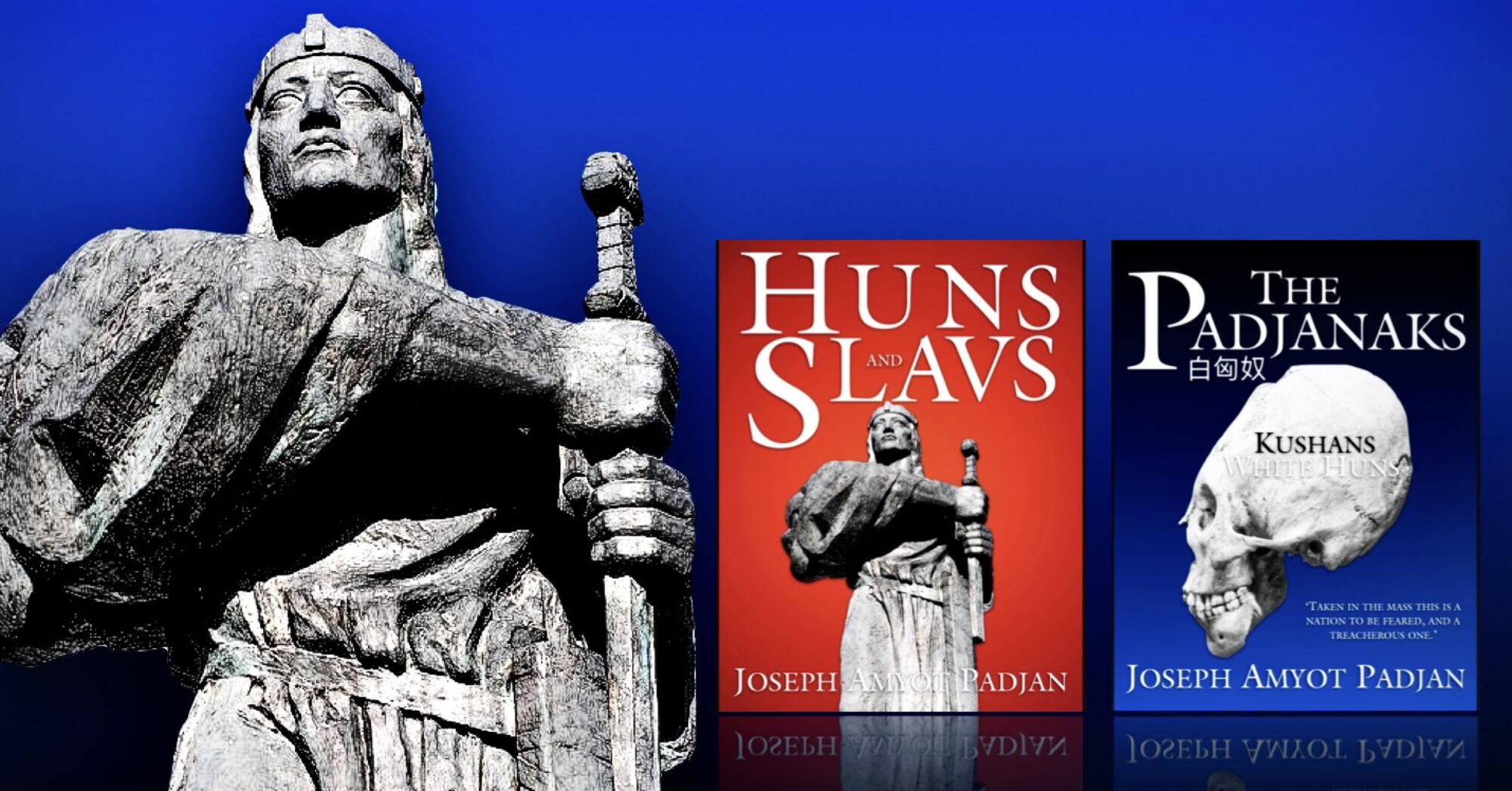Today, January 3, 2025, I finished writing my book Huns and Slavs. (May take a minute or so to load.)
Huns-and-Slavs-Watermark-MainThe Kangar
This book is not about the dagger, or short sword, called khangar, or khanjar, a choice weapon for many men throughout the ages, but about 犀利士
the ancient tribe or people whose name for themselves – Kangar – means sword- or dagger-bearer, and became the name for the dagger itself. That is to say, the name of the dagger, wherever the khangar or khanjar or handžar is used, whether in Iraq, Oman, Yemen, Egypt, the Balkans, the Caucasus, Central Asia, or India, comes from the name of the people – the Kangar. The Kangar were, or rather are, aborigines of India, and they are one of the most ancient peoples in the world, with a history spanning many thousands of years and involving numerous countries. Of all the Kangar, the most well known lived in southern Mesopotamia in antiquity. We call them Sumerians.
This book is, in the main, not a history proper, but an argument, or series of arguments, intended to demonstrate, in so far as it is possible, that the Sumerians were, in fact, the Kangar. (May take a minute or so to load.)
The-Kangar-WatermarkComing next… Isaac Abulafia : Refugee of the Damascus Affair
Isaac Abulafia, my fourth great-grandfather, at the age of twelve, was a refugee of the infamous Damascus Affair, or Blood Libel, of 1840. This is the story of that tragedy, and of his escape from sinister men accusing the Damascene Jews of murder, and torturing them and kidnapping their children.
Isaac-Abulafia